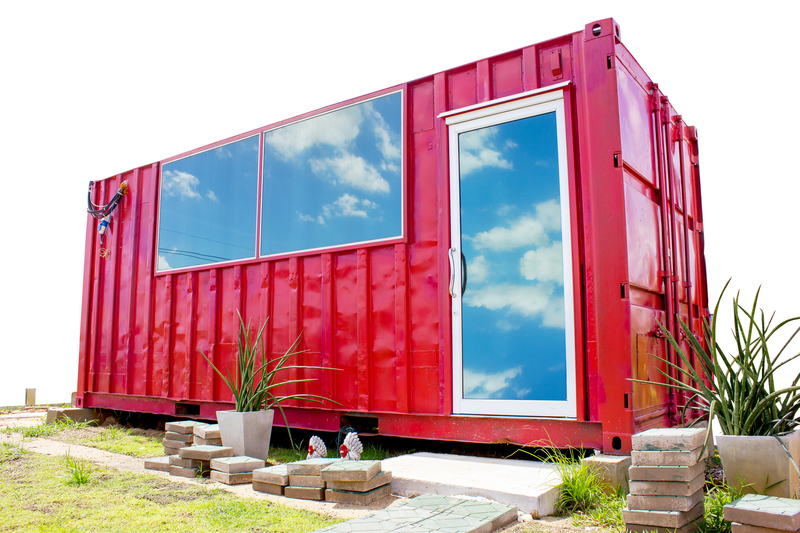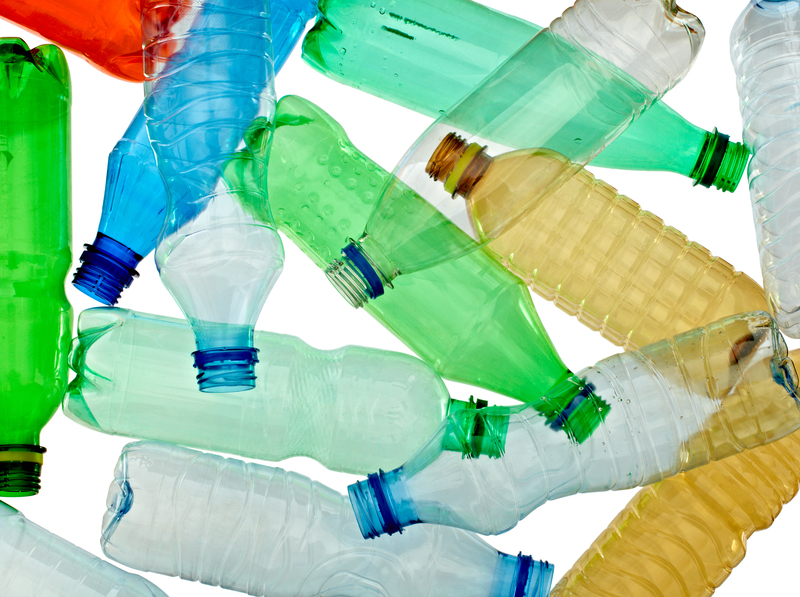A Guide to Hard Rubbish: Disposal Methods and Best Practices
Efficiently managing hard rubbish is crucial for ensuring environmental sustainability and maintaining the cleanliness of our communities. In this comprehensive guide, we will explore multiple disposal methods, best practices, and frequently asked questions concerning hard waste management. This article will provide you with the necessary knowledge to deal with hard rubbish responsibly and effectively.
Understanding Hard Rubbish
Before delving into disposal methods, it's important to clarify what constitutes hard rubbish. Essentially, hard rubbish refers to large items that are typically disposed of separately from regular household trash. These may include old appliances, broken furniture, mattresses, and any large household items that cannot fit into a standard rubbish bin.

Common Disposal Methods for Hard Rubbish
Disposing of hard waste properly is essential not only for maintaining a clean living environment but also for protecting the planet. Here are some popular methods for responsibly getting rid of your hard rubbish:
Council Collection Services
One of the most convenient options for disposing of hard rubbish is utilizing local council collection services. Many municipalities offer scheduled pickups where residents can place their hard waste on the curb during specified times:
- Check your local council's website for collection dates and guidelines.
- Follow any specific instructions provided for curbside placement.
- Ensure only acceptable items are placed for collection.
By doing so, you not only dispose of your waste responsibly but also ensure compliance with local regulations.
Private Waste Removal Services
If council services are unavailable or inconvenient, private waste removal companies offer a flexible alternative. These services can often be tailored to suit your specific needs, such as:
- Providing same-day pickup.
- Handling a wide range of items, including e-waste.
- Offering recycling options for specific types of waste.
Although this method may incur additional costs, it provides a hassle-free and efficient solution for larger volumes of hard rubbish disposal.
Drop-Off at Recycling Centers
For those who prefer a hands-on approach, taking your hard rubbish to a recycling center is a viable option. Many centers accept a variety of materials and ensure that they are processed responsibly. Key benefits include:
- Assuring that recyclable materials are not wasted.
- Potentially reducing disposal costs if recycling is available for free.
- Supporting community sustainability initiatives.
Before heading to a center, verify which items they accept to ensure a seamless drop-off experience.
Donations and Reuse
Not all hard rubbish is necessarily waste; some items can still serve a purpose for others. Consider donating usable items:
- Charitable organizations often accept items such as furniture and appliances.
- Online platforms enable users to offer and pick up goods for free.
- Conducting a garage sale or a swap meet can also find new homes for unwanted items.
By giving your items a second life, you reduce waste and contribute positively to your community.
Best Practices for Managing Hard Rubbish
While disposing of hard waste might seem straightforward, adhering to some best practices can enhance efficiency and environmental friendliness:
Plan Ahead
Planning your waste disposal in advance ensures a smooth process:
- Schedule a convenient time for pickup or drop-off based on your municipality's or service provider's availability.
- Organize and categorize items for the appropriate disposal method.
- Confirm deadlines and requirements with the relevant service provider.
Advance planning ensures that you have adequate time to explore options and make informed decisions.
Reduce and Recycle
Reducing the amount of waste you generate and recycling can make a significant environmental impact:
- Consider the longevity and recyclability of items before purchasing new ones.
- Use recycling services to minimize contribution to landfill masses.
- Upcycle or creatively reuse items to further extend their lifespan.
Following these practices conserves resources and reduces the demand for landfill space.
Stay Informed
Waste disposal guidelines and services can vary greatly by region. Staying informed helps you stay compliant:
- Regularly review information from your local council regarding waste disposal.
- Stay updated about any changes in services or regulations.
- Seek advice or assistance from community groups or forums for best practices.
Keeping updated ensures responsible disposal and supports community cleanliness initiatives.

Frequently Asked Questions
What is considered hard rubbish?
Hard rubbish encompasses large items that typically cannot be disposed of with regular trash. They include furniture, electronics, white goods, and large toys.
Is there a charge for hard rubbish collection?
Charges for hard rubbish collection depend on your local council or private service provider. Some councils offer free collection, while others may charge a fee based on the volume or type of items.
Can all hard waste be recycled?
Not all hard waste can be recycled. It depends on the type of material and available recycling facilities. Check with your local council or recycling center for specific item guidelines.
Conclusion
The responsibility of disposing of hard rubbish efficiently and responsibly lies with each individual. By using the recommended disposal methods and adhering to best practices, you contribute to a cleaner environment and a more sustainable future. Through informed decisions and community participation, managing hard waste effectively can become a seamless and rewarding experience for everyone involved.